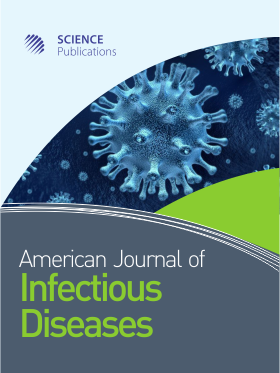Efficacy of an Oral Health-Promoting Program in Human Immunodeficiency Virus-Infected Children: A 7-year Longitudinal Study
- 1 Federal University of Rio de Janeiro, Brazil
- 2 Federal Fluminense University, Brazil
Abstract
Problem statement: Children infected with HIV have a higher prevalence of caries in both dentitions. With that in mind, it is important the introduction of programmes for the control of caries disease in this population. Thus, this study was aimed to assess the efficacy of an oral health-promoting program in controlling caries in HIV-infected children after 7 years of follow-up. Approach: Data on the oral health of 31 children were gathered and analyzed over a 7-year period. Caries indexes were obtained by clinical examinations performed periodically by well-trained practitioners. An Epi Info software was used for analysis using the Mann-Whitney test. Results: DMFT index increased from 2.00-4.38, whereas deft index decreased from 5.19-4.31 (p>0.05). By analyzing carious teeth, it was observed that the mean number of active carious teeth decreased (P = 0.001), whereas the mean number of inactive ones increased (P = 0.001). The mean extent of inactive caries was found to be greater in those cases in which the child attended more than 19 appointments (P = 0.005). Conclusion: Based on such a decrease in active caries, one can conclude that the program was effective in improving the oral health of HIV-infected children.
DOI: https://doi.org/10.3844/ajidsp.2012.73.78

- 4,463 Views
- 3,250 Downloads
- 0 Citations
Download
Keywords
- Child
- dental caries
- HIV infections
- child health services
